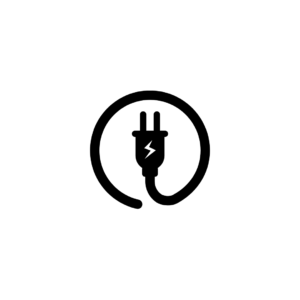Description
A Master of Technology (M.Tech) in Electrical Engineering is an advanced degree program designed for engineering graduates who wish to deepen their expertise in various areas of electrical engineering. This program typically covers advanced topics in power systems, control systems, electronics, communication systems, and electromagnetics, among others.
Curriculum Overview
The curriculum for an M.Tech in Electrical Engineering usually consists of core subjects, electives, project work, and a research thesis. Here are some common subjects and areas of study included in the program:
Advanced Electrical Circuits:
Study of circuit analysis techniques, network theorems, and circuit simulation.
Power Systems Engineering:
Concepts in generation, transmission, and distribution of electrical power, including system stability and reliability.
Control Systems:
Analysis and design of control systems, including feedback systems, stability, and control theory.
Power Electronics:
Examination of power electronic devices, converters, and their applications in power control and conversion.
Signals and Systems:
Overview of signal processing techniques, including convolution, Fourier analysis, and system responses.
Digital Signal Processing (DSP):
Methods of digital signal processing, including algorithms for filtering, modulation, and data compression.
Communication Systems:
Study of analog and digital communication systems, including modulation techniques, error detection, and coding.
Microcontrollers and Embedded Systems:
Exploration of microprocessor architecture, design of embedded systems, and programming techniques.
Electromagnetic Fields and Waves:
Analysis of electromagnetic theory, wave propagation, and applications in communication and power systems.
Renewable Energy Systems:
Study of renewable energy sources such as solar, wind, and hydro, and their integration into electrical systems.
Machine Learning Applications in Electrical Engineering:
Introduction to machine learning techniques and their application in optimizing electrical engineering problems.
Research Methodology:
Techniques for conducting research, including literature review, experimental design, and data analysis.
Capstone Project/Thesis:
A substantial project or research thesis focused on a specific topic within electrical engineering, allowing students to apply their knowledge.
Career Opportunities
Graduates with an M.Tech in Electrical Engineering have a variety of career opportunities across different sectors, including power generation, telecommunications, electronics manufacturing, and automation. Some potential job roles include:
Electrical Engineer: Designing, developing, and testing electrical equipment and systems.
Power System Engineer: Focusing on the design and management of electrical power systems and networks.
Control Systems Engineer: Developing control algorithms and systems for automation and industrial processes.
Electronics Engineer: Working on the design and development of electronic circuits and devices.
Communication Engineer: Specializing in communication technologies and systems design, including wireless and optical communications.
Embedded Systems Engineer: Designing and programming microcontrollers and embedded systems for various applications.
Renewable Energy Engineer: Working on the development and implementation of renewable energy technologies.
Project Manager: Overseeing engineering projects, managing timelines, budgets, and teams.
Research Scientist/Engineer: Engaging in research and development in academic institutions or industry labs.
Consulting Engineer: Providing technical expertise and solutions for electrical engineering projects.
Further Education
Graduates interested in furthering their education may consider pursuing a Ph.D. in Electrical Engineering or related fields to engage in advanced research or academic careers. Additionally, obtaining professional certifications or licenses, such as becoming a licensed Professional Engineer (PE) or certifications in specific technology areas, can enhance career prospects and establish professional credibility.
If you have any further questions about the curriculum, career paths, or other aspects of a Master of Technology in Electrical Engineering, feel free to ask!









